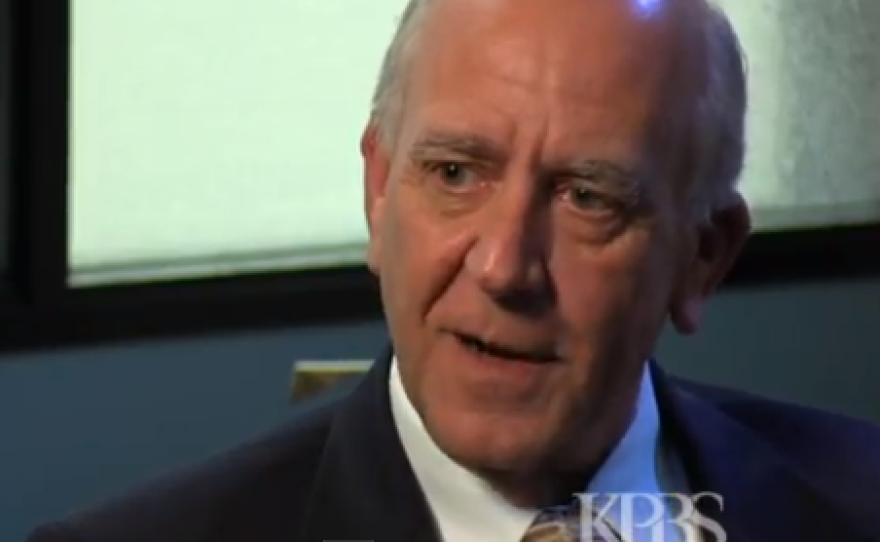Poway Unified School District is used to getting accolades for educational attainment as one of the state’s top districts. But, these days, Poway’s superintendent, John Collins, finds himself facing a lot of questions about money.
We sat down with Collins to talk about Poway Unified’s use of Mello-Roos fees to build new, top-flight schools.
Mello-Roos allows special districts -- nearly all in new developments -- to charge homeowners thousands of dollars a year to build schools, buy buses, even pay for iPads.
Nicknamed Mello-Roos, the Community Facilities Act of 1982 allows landowners, usually a small group of developers, to create districts that have the power to issue debt and collect taxes to pay for that debt. The bonds they sell pay for new school construction, other new infrastructure, or upgrades. The taxes to cover those bonds, approved by a vote of the developers, are passed on to the people who buy the newly-constructed homes in the district.
There are more than 240 Mello-Roos districts in San Diego County. They pay not only for schools, but infrastructure, such as roads and sewer lines, or services, such as fire protection.
San Diego County residents paid $113 million last year in Mello-Roos fees for school districts, almost double the $58 million they paid eight years ago. Residents in Poway Unified accounted for $40.5 million of that total.
This ability to raise funds on the votes of a few stands in stark contrast to districts in older, more developed areas such as San Diego Unified, which had to get citywide support for its $2.8 billion bond measure.
We talked with Collins about whether his district’s access to these funds fuels inequity in public education, and about the influence private developers have in the design and building of new, public schools.






